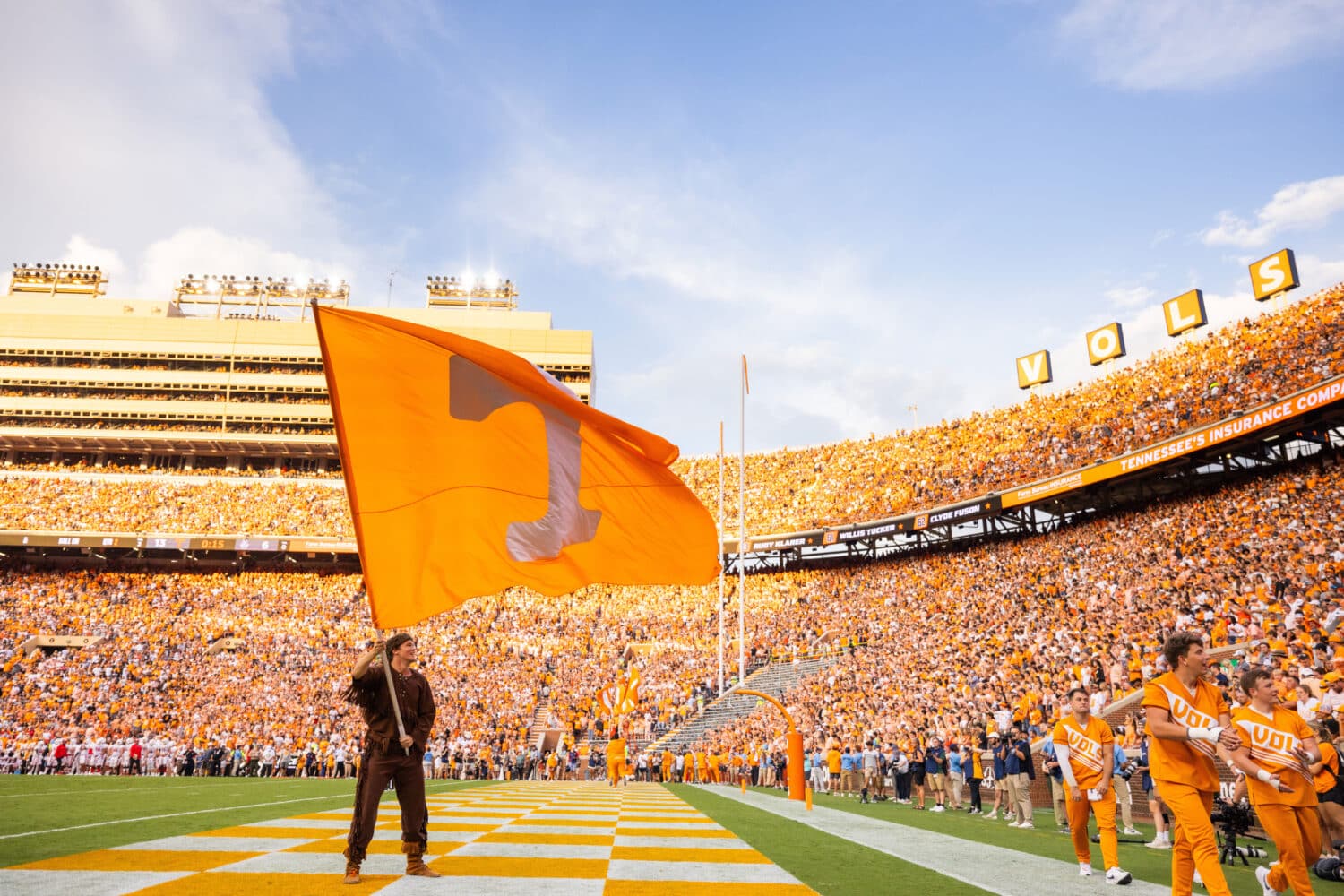
California voters giving tepid early support to sports betting

Yes leads by a small margin, but 22% are undecided with eight months to go.
When California voters go to the polls November 8 they may be asked to approve up to four ballot initiatives seeking to legalize sports betting in the Golden State, but passage is far from certain.
According to research released Wednesday by the University of California Berkeley’s Institute of Governmental Studies, the one initiative that has been deemed “eligible” for the ballot by the California Secretary of State has just lukewarm support.
Mark DiCamillo, Director of the Berkeley IGS Poll, said the latest survey of the state’s registered voters asked voters their initial opinions about the idea of sports betting. The poll was administered online in English and Spanish February 3-10, 2022, among 4,477 California registered voters. Funding for the poll was provided in part by the Los Angeles Times.
While supporters outnumber opponents at this early stage, Yes side support is not overwhelming, with 45% initially inclined to vote Yes, and 33% inclined to vote No.
According to DiCamillo, a “relatively large” 22% of voters say they are undecided – meaning predictions from industry insiders that “tens of millions of dollars” will be spent on marketing campaigns over the next eight months may be an undercount.
Opinions are directly tied to the level of interest that voters have in professional sports, DiCamillo continued. Voters who express a lot of interest in pro sports support the idea almost three to one (63% to 22%), while among those with no interest, just 33% favor the amendment.
Men are more open to the idea of sports betting than women, with 55% of males saying they would vote Yes, 29% No, 16% undecided, while the numbers for females are 35% Yes, 37% No, 28% undecided.
The poll found support is greater among younger and middle-aged voters than older voters. There is less support among voters with a post graduate education and those who identify as strongly conservative in politics.
Opinions at this stage do not vary a great deal by party registration, with about four in ten of both Democrats and Republicans inclined to support the legalization of sports betting in the state, while somewhat smaller proportions are opposed.
Observed IGS co-director Eric Schickler, “It is rare these days for a political issue to not be seen as partisan. But legalizing sports betting in California appears to be one of them, at least for the time being.”
Berkeley IGS said the sampling error associated with the results from the survey are “difficult to calculate precisely” because of sample stratification and the post-stratification weighting. Nevertheless, officials said it is likely that findings based on the overall sample of registered voters are subject to a sampling error of approximately +/-3 percentage points at the 95% confidence level.
Tags/Keywords
Players trust our reporting due to our commitment to unbiased and professional evaluations of the iGaming sector. We track hundreds of platforms and industry updates daily to ensure our news feed and leaderboards reflect the most recent market shifts. With nearly two decades of experience within iGaming, our team provides a wealth of expert knowledge. This long-standing expertise enables us to deliver thorough, reliable news and guidance to our readers.






